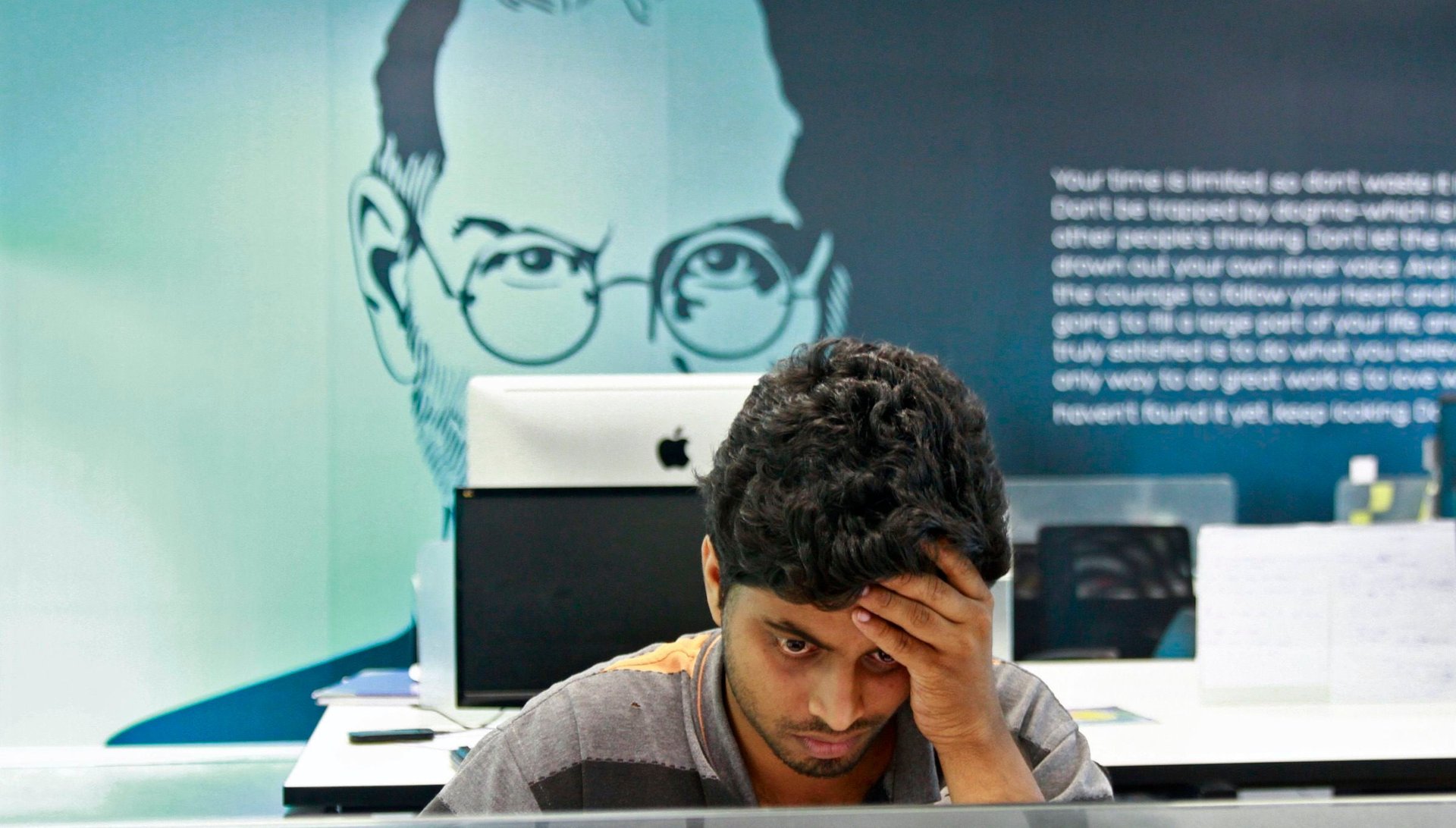Indian graduates, especially women, don’t want to work for startups
Budget 2014 has been good to Indian startups. Finance minister Arun Jaitley has allocated Rs 10,000 crore ($1.66 billion) to develop a better startup ecosystem in the country, much to the joy of all young entrepreneurs.


Budget 2014 has been good to Indian startups. Finance minister Arun Jaitley has allocated Rs 10,000 crore ($1.66 billion) to develop a better startup ecosystem in the country, much to the joy of all young entrepreneurs.
But newly minted engineers are hardly interested in working for early stage companies, according to a recent study by Aspiring Minds, which rates and evaluates employment. The report is based on a sample of more than 120,000 students from more than 500 engineering colleges. The surveyed candidates graduated in 2013.

Only 6% of the students want to work for startups that have less than 30 employees. More than 60% wanted to work for large, established brands. Women respondents seemed even keener on joining bigger companies and less likely than men to be interested in small and medium enterprises, or businesses with less than 100 employees.

One of the reasons for such a lukewarm response is that working for startups is still not considered a respectable career choice by one’s family and peers. Startups tend to lack job security and the resources of larger firms.
“At a social gathering, you want to show off and tell people that you work for a big, famous company,” says Varun Aggarwal, director at Aspiring Minds. “If you work for a big brand, your marital prospects are also better.”
India’s startup industry is still in its nascent stages. Countries with mature startup ecosystems tend to attract a lot more talent. Nearly 50% of American millennials wants to work for small companies with less than 100 employees. In China, 18% of students want to work for startups.
Young companies in developed economies have mastered the art of marketing themselves to the youth, with perks such as free lunch and flexible work culture. But in India, they struggle to advertise or reach out to the right audience.
“Startups are unable to reach out to small colleges,” says Aggarwal. “Companies such as Wipro or Infosys go to 300-plus colleges for their annual hiring rounds.”
This should make entrepreneurs really jittery because they need to attract the cream of the crop since they lack internal training facilities. And yet there’s another disconnect: According to the Aspiring Minds report, only 1.9% of new graduates are both interested and employable by startups.